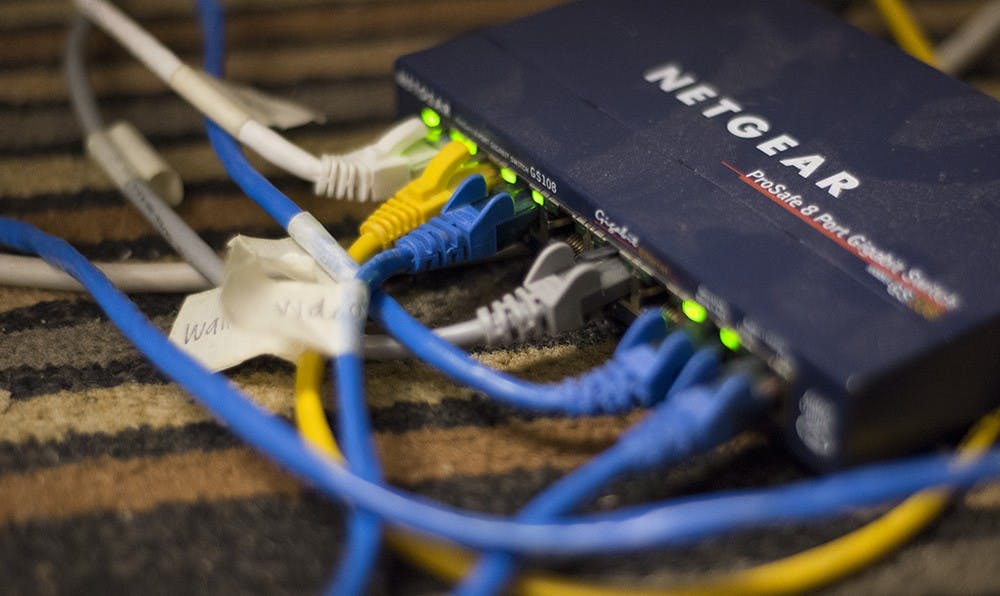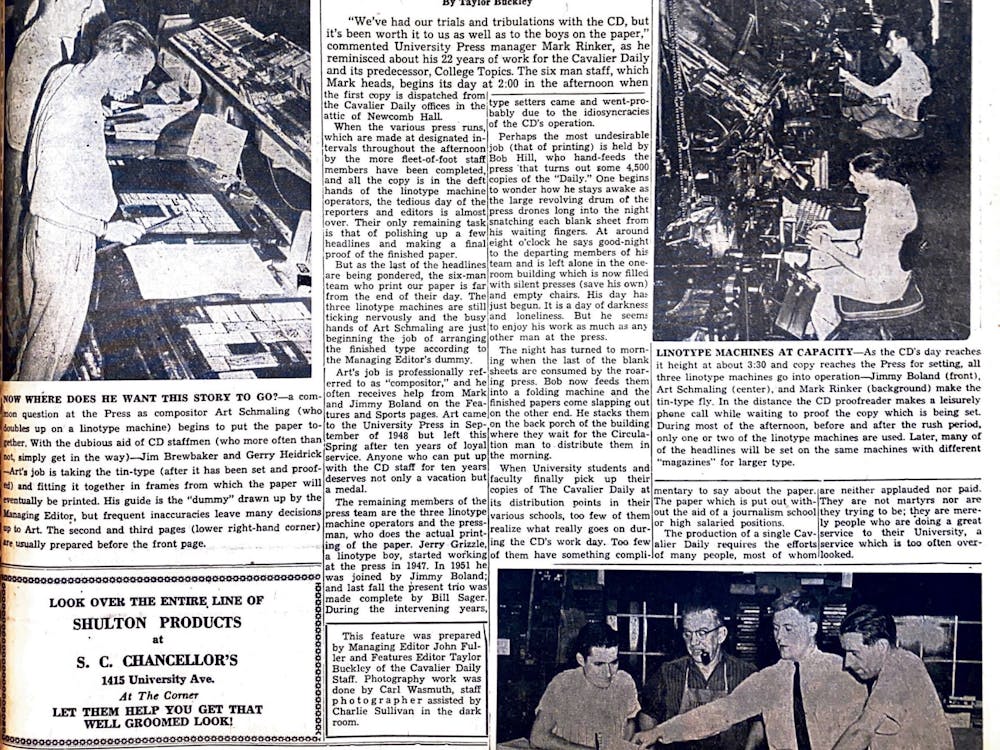The Federal Communications Commission passed new regulations Thursday which effectively establish net neutrality — a move intended to promote an open internet. Per the ruling, Internet service providers can no longer discriminate against their competitor’s content by blocking it or deliberately slowing it down. Previously, network capacity could be used for any purpose after being purchased.
Though the discussion was termed historic, University students are not expected to see tangible changes in their Internet experience.
James Jokl, University associate vice president and chief enterprise architect, said the debate over net neutrality was ultimately a question of whether content providers would be required to pay to have their content delivered to the end user.
“The neutrality side wants to keep the Internet the way that it has been,” Jokl said. “Some of the larger Internet providers want to see the model change, arguing that some uses have higher costs and saying that they should be allowed to offer premium services for a higher cost.”
In order to maintain the system as it is, however, many proponents of net neutrality believe regulations are necessary to allow competitors to enter the market and to prevent current Internet service providers from making competitors’ access to users more difficult.
“I worry that much of the innovation that has made the Internet what it is today could be stifled if we end up in a world where startup companies need large amounts of money to effectively bid against established companies to have their content delivered to users,” Jokl said. “Neutrality rules would prevent this from happening.”
Media Studies Assistant Prof. Christopher Ali said he has similar concerns about a market in which Internet service providers are not subject to net neutrality regulations.
“This is about making sure that the Internet is more accessible for individuals and small businesses, and that there’s a level playing field for new entry,” Ali said. “I’m very much in favor of what happened yesterday.”
Support for net neutrality has manifested largely along party lines. The FCC voted 3 to 2 in favor of the proposal, with the two Republican commissioners voting against the measure and the three Democratic commissioners voting to approve it.
Although he said he feels net neutrality is an important political issue, Ali said he thought it should not be considered partisan.
“In the past year it really has become a partisan issue, with certain members of the Republican Party coming out against net neutrality,” Ali said.
Ali also said Republican opposition stems largely from general dislike of government regulation. Though large companies have an economic advantage in an Internet without net neutrality rules, those against regulation say government intervention will disrupt what should be a free market system. Ali said he believes these fears to be unfounded.
“There’s all these theories that the government is going to start controlling the Internet,” Ali said. “No, it isn’t. That’s a lot of rhetoric, and that’s a lot of scare tactics.”
The debate over net neutrality began in the early 2000s. At that time, the FCC decided Internet service providers would be considered information services rather than telecommunications services.
When the FCC then tried to regulate ISPs with open internet rules in 2009, Verizon sued, arguing that the FCC did not have adequate jurisdiction to impose the proposed regulations on information services. In Jan. 2014, Verizon v. FCC was ruled in favor of Verizon, as the FCC could not properly justify the open internet rules.
“For the past year, we’ve been in this Wild West of no neutrality rules while the FCC has tried to figure out how to legally justify net neutrality,” Ali said. “It wasn’t about the FCC not having authority, it was about the legal justification for that authority.”
Thursday’s ruling changes Internet service providers back to telecommunication services, allowing the FCC to put open internet rules into place. However, although regulations have been altered, nothing will be different for individual Internet users — including those at the University.
“I doubt that we’ll see significant changes on Grounds over the near term,” Jokl said. “If the Internet were to move into a model where different types of data are charged at different rates or additional funds are needed to guarantee delivery, what is available on Grounds would likely change in the same way that it would everywhere else.”
Even though little will change as a result of the FCC’s ruling, Ali said that Thursday’s decision was historic.
“It is not an exaggeration to say that yesterday was one of the most important moment in the history of communications in the United States,” Ali said. “If we are serious that everyone needs access to the internet in order to participate as a citizen, consumer, voter, and individual in democracy and the market in the 21st century, the only way this can happen is through promoting network neutrality and an open Internet.”





